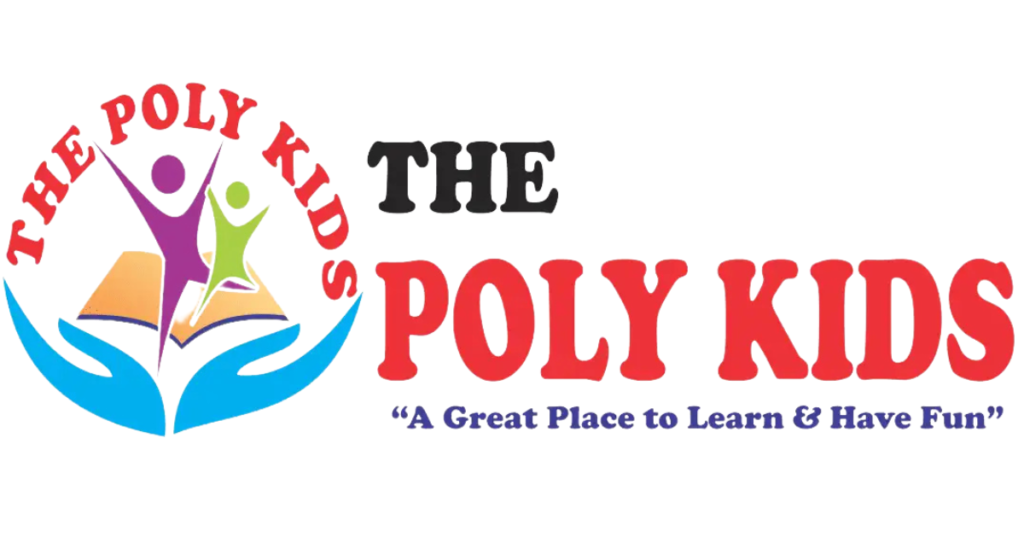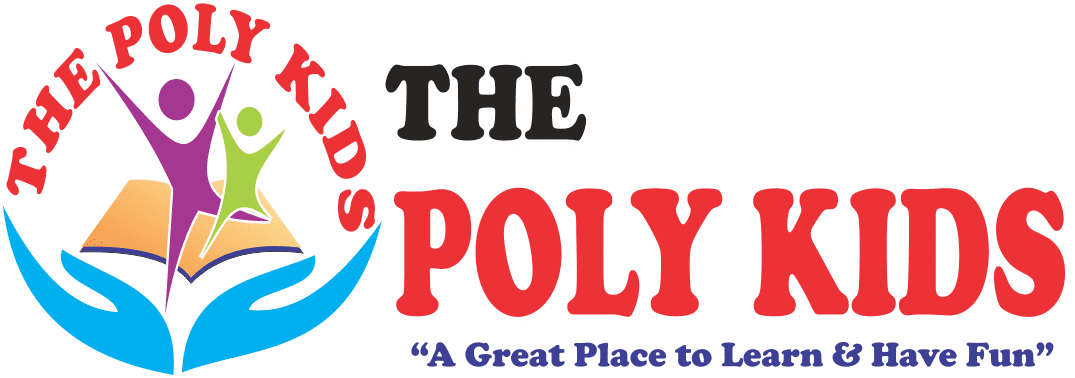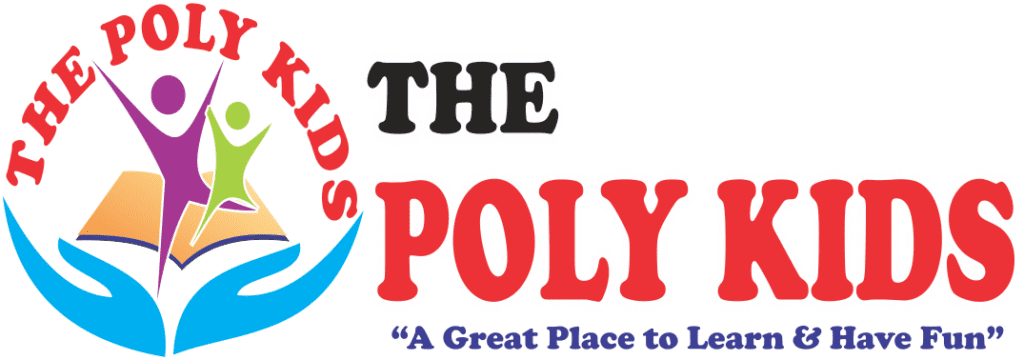Introduction: Kindergarten serves as a crucial stage in a child’s educational journey, laying the foundation for lifelong learning. Play-based learning has emerged as a powerful approach to kindergarten education, fostering creativity, critical thinking, and social-emotional development in young learners. In this blog post, we explore the transformative impact of play-based curriculum in kindergarten and highlight our institution as the best play school near me in Dehradun, dedicated to providing a dynamic and enriching learning environment.
- Understanding Play-Based Learning:
- Play-based learning is an approach that integrates structured play activities into the curriculum to facilitate learning.
- It allows children to explore, experiment, and engage with concepts in a hands-on and meaningful way.
- Importance of Play in Kindergarten:
- Play is the natural language of children and serves as a vehicle for exploration, expression, and discovery.
- Kindergarten is a critical stage for incorporating play-based learning to support holistic development.
- Best Play School Near Me:
- As the best play school near me in Dehradun, we prioritize play-based curriculum to nurture well-rounded and confident learners.
- Our kindergarten program emphasizes the power of play in promoting academic and socio-emotional growth.
- Benefits of Play-Based Curriculum:
- Enhances Creativity: Play-based learning encourages imagination, innovation, and creative problem-solving skills.
- Fosters Collaboration: Through group play activities, kindergarten students learn to communicate, negotiate, and collaborate with peers.
- Develops Critical Thinking: Play-based experiences prompt children to think critically, make decisions, and solve challenges independently.
- Promotes Social-Emotional Skills: Play allows children to develop empathy, resilience, and self-regulation as they navigate social interactions.
- Supports Language Development: Play-based activities provide opportunities for language-rich interactions, vocabulary expansion, and storytelling.
- Incorporating Play Across Subjects:
- Language Arts: Pretend play scenarios, storytelling, and puppet shows promote language development and literacy skills.
- Mathematics: Math games, puzzles, and manipulatives engage children in counting, sorting, and spatial reasoning activities.
- Science: Hands-on experiments, nature exploration, and sensory activities stimulate curiosity and scientific inquiry.
- Social Studies: Role-playing, community-themed play centers, and cultural celebrations foster understanding of the world around them.
- Balancing Structured and Free Play:
- Kindergarten curriculum incorporates a balance of structured and free play opportunities to meet diverse learning needs.
- Structured play sessions may include guided activities with specific learning objectives, while free play allows for open-ended exploration.
- Teacher’s Role in Play-Based Learning:
- Kindergarten teachers serve as facilitators and observers, guiding children’s play experiences and scaffolding learning when needed.
- They create a supportive environment that encourages risk-taking, experimentation, and inquiry.
- Integrating Technology in Play:
- Technology tools, such as interactive whiteboards and educational apps, are integrated into play-based activities to enhance learning experiences.
- Kindergarten students engage in age-appropriate digital games and simulations that reinforce academic concepts.
- Outdoor Play and Nature Exploration:
- Outdoor play spaces provide opportunities for gross motor development, sensory exploration, and connection with nature.
- Kindergarten students engage in outdoor games, nature walks, and gardening activities to promote physical well-being and environmental awareness.
- Assessment in Play-Based Learning:
- Assessment in kindergarten focuses on observing children’s play behaviors, interactions, and problem-solving skills.
- Teachers use informal assessments, portfolios, and anecdotal records to document children’s progress and inform instruction.
- Parental Involvement in Play-Based Learning:
- Parents are encouraged to participate in play-based activities and engage in conversations about their child’s learning experiences.
- Family involvement strengthens the home-school connection and reinforces learning beyond the classroom.
- Community Partnerships for Play-Based Learning:
- Kindergarten schools collaborate with local organizations, museums, and libraries to enrich play-based learning experiences.
- Community partnerships provide access to resources, experts, and cultural experiences that enhance the curriculum.
- Celebrating Diversity Through Play:
- Play-based activities incorporate diverse perspectives, cultures, and experiences to promote inclusivity and respect for differences.
- Children learn to appreciate and celebrate diversity through storytelling, role-playing, and cultural celebrations.
- Incorporating Artistic Expression in Play:
- Creative arts, such as painting, sculpting, and music, are integrated into play-based activities to promote self-expression and creativity.
- Kindergarten students use art as a medium for storytelling, problem-solving, and emotional expression.
- Outdoor Adventure Playgrounds:
- Outdoor play areas feature climbing structures, sandboxes, and natural elements that encourage imaginative play and physical activity.
- Kindergarten students develop gross motor skills, spatial awareness, and risk-taking abilities through outdoor adventures.
- Exploring Sensory Play Centers:
- Sensory play centers provide opportunities for children to explore different textures, colors, and materials through hands-on experiences.
- Engaging in sensory play supports cognitive development, fine motor skills, and self-regulation.
- Encouraging Risk-Taking and Resilience:
- Play-based learning environments encourage children to take risks, try new things, and learn from mistakes.
- Kindergarten students develop resilience, perseverance, and problem-solving skills as they navigate challenges in play.
- Building Communication Skills Through Play:
- Play-based activities promote language development, verbal communication, and active listening skills.
- Children engage in conversations, negotiate roles, and express their thoughts and ideas through play scenarios.
- Cultivating Environmental Awareness:
- Play-based learning fosters environmental stewardship and appreciation for the natural world.
- Kindergarten students learn about sustainability, conservation, and eco-friendly practices through outdoor exploration and nature-based activities.
- Promoting a Love for Learning:
- Ultimately, play-based curriculum in kindergarten instills a love for learning that extends beyond the classroom.
- By creating joyful and engaging learning experiences, we nurture curiosity, creativity, and a lifelong passion for discovery in young learners.
Conclusion: In conclusion, play-based curriculum in kindergarten harnesses the power of play to enhance learning, foster creativity, and promote holistic development. As the best play school near me in Dehradun, we recognize the transformative impact of play-based learning and are committed to providing a dynamic and enriching educational experience for our students. Through a balanced approach that integrates structured and free play opportunities across subjects and settings, we empower kindergarten children to become confident, curious, and lifelong learners.
daycare centre school in dehradun|kindergarten school in dehradun|primary school in dehradun|pre school in dehradun|nursery school in dehradun|play school in dehradun|pre primary school in dehradun|Best Play School in dehradun|Top Pre school in dehradun|


